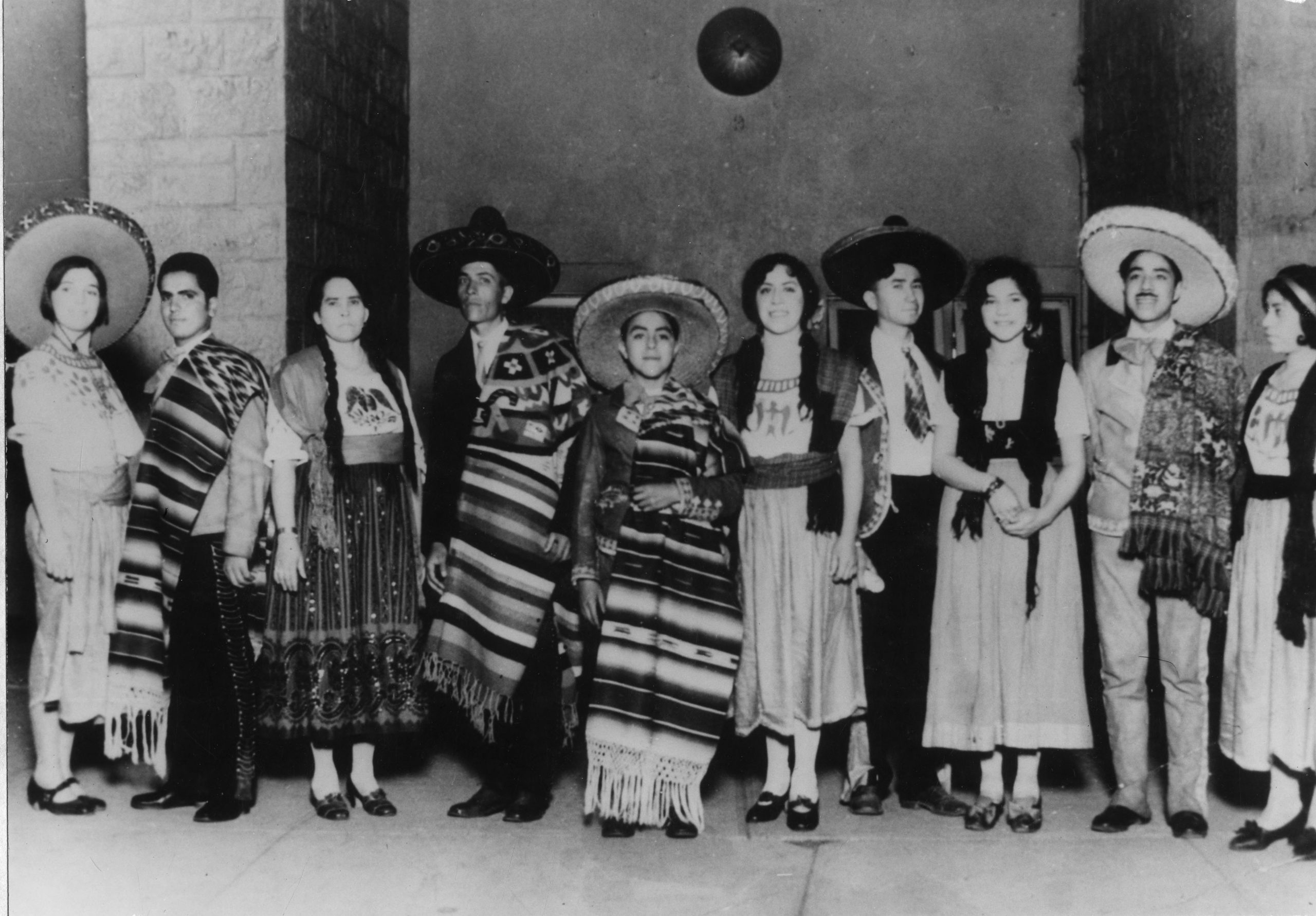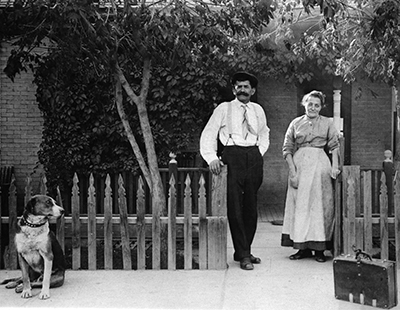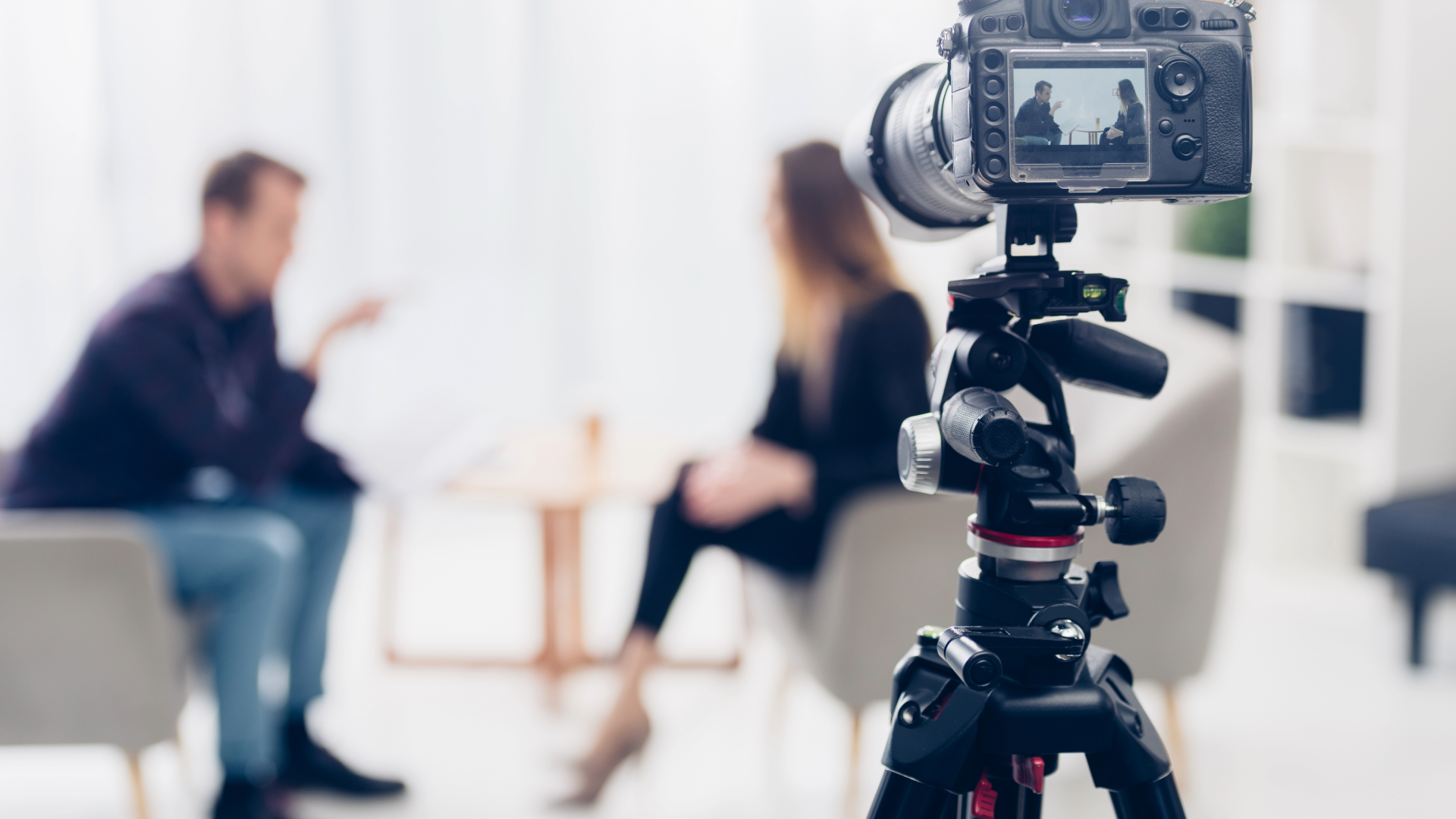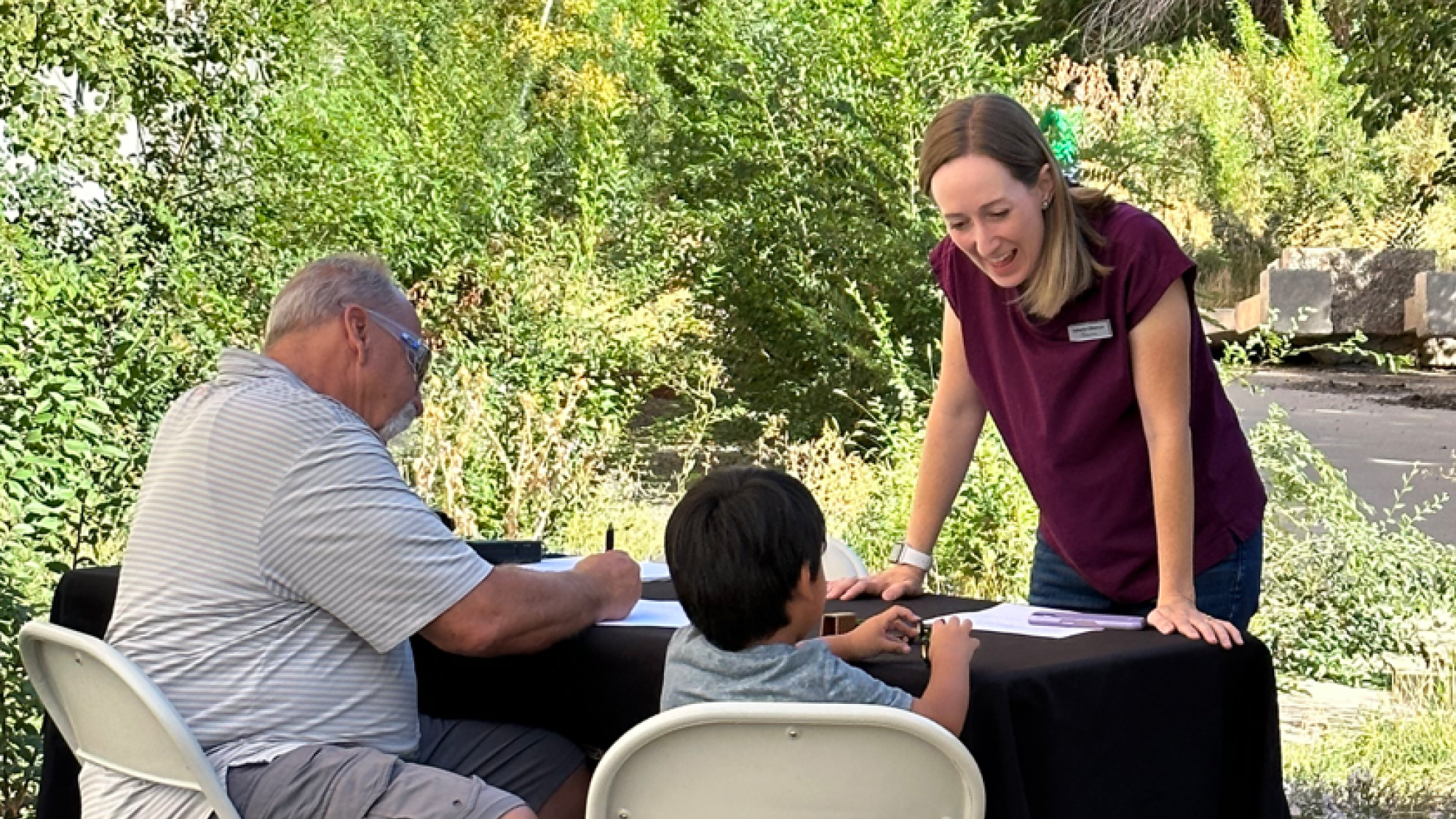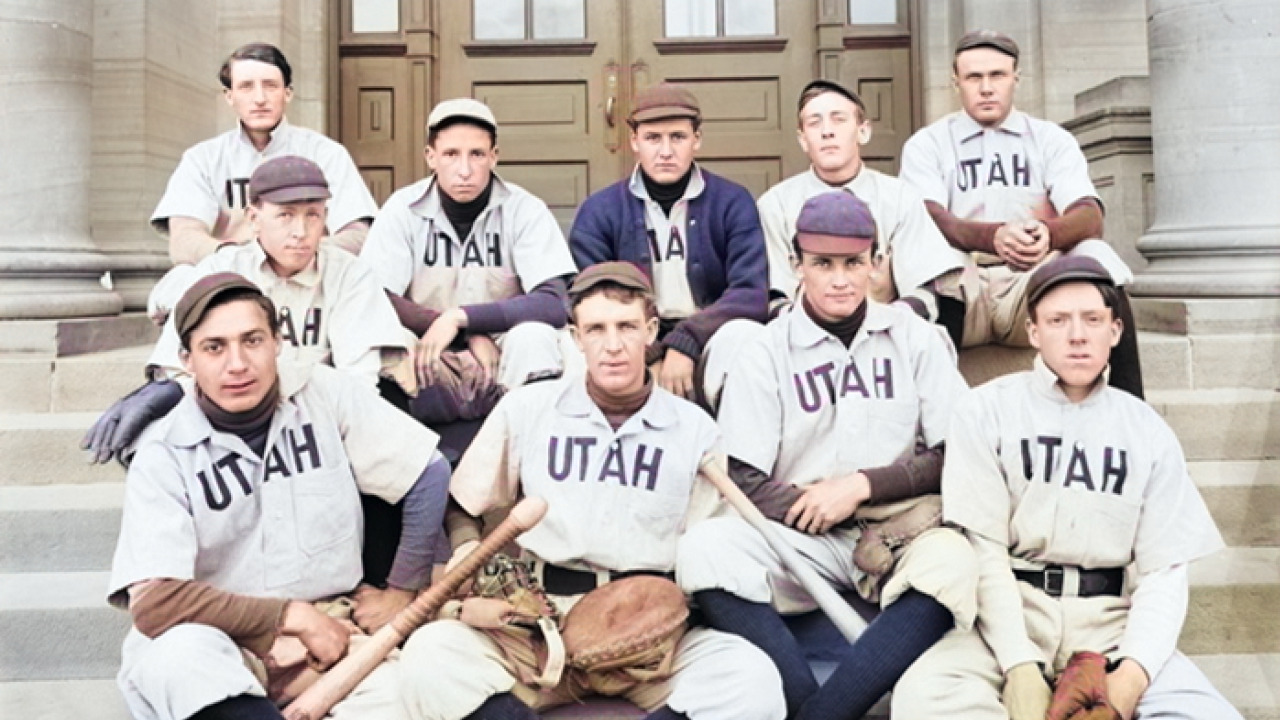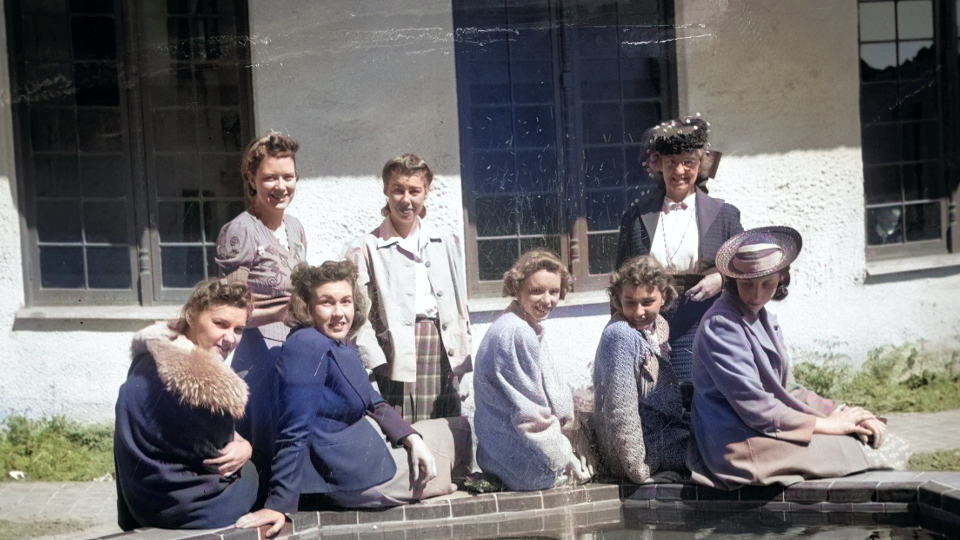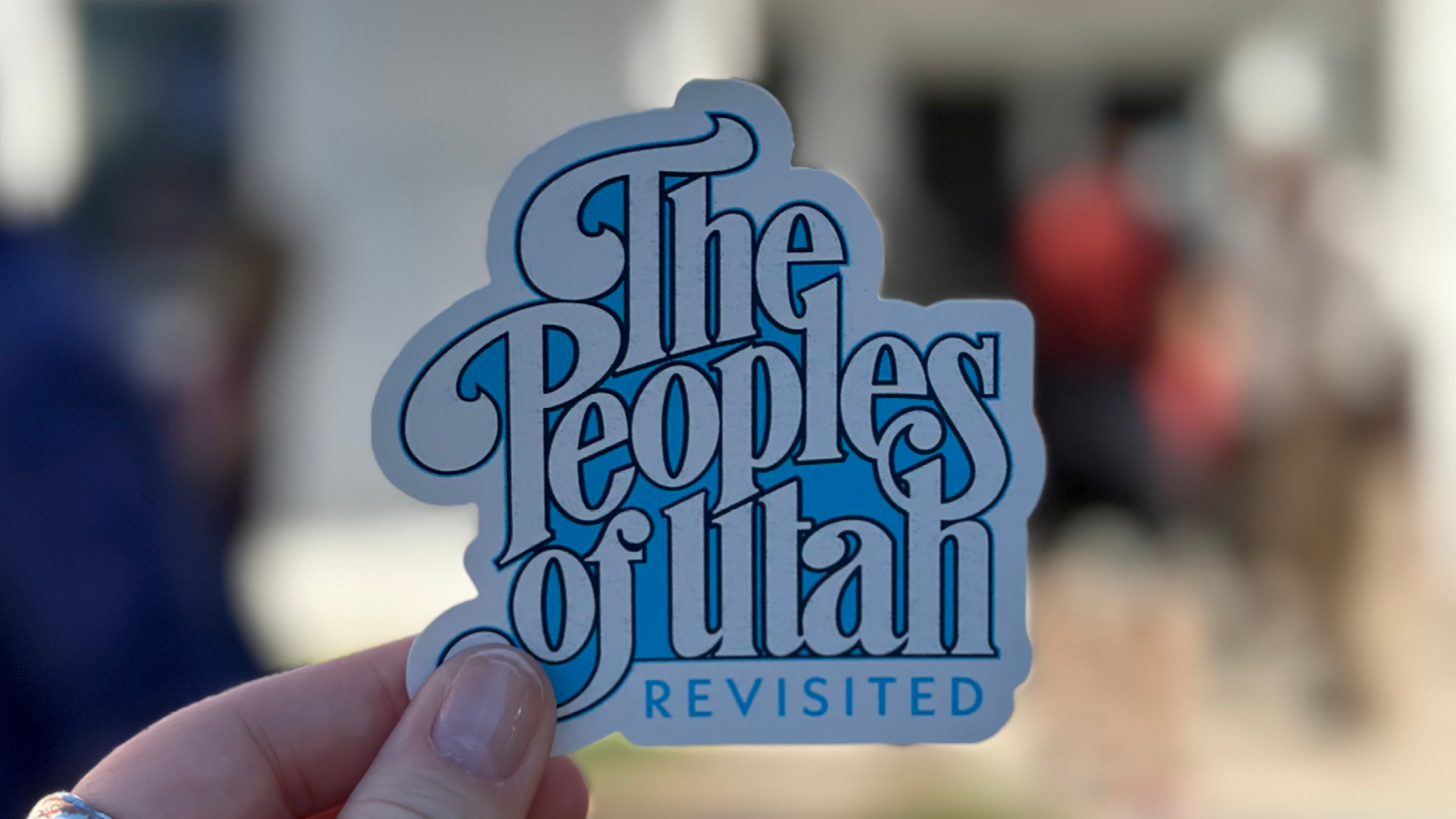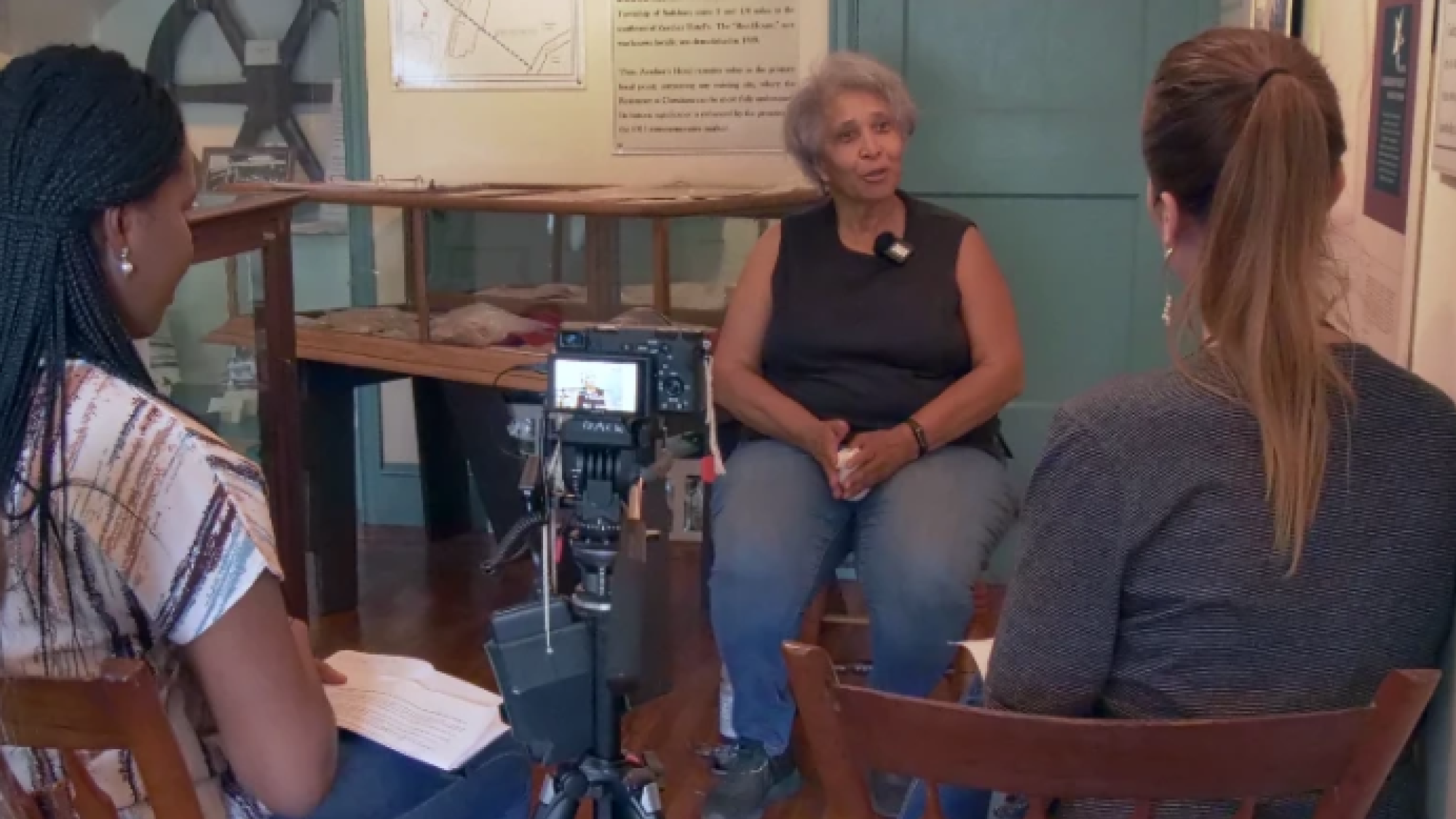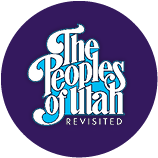ORAL HISTORY PROGRAM
Would you like to gather oral histories in your community? The Utah Historical Society offers opportunities for training, equipment loans, potential funding, and guidance for oral history projects. Your oral history recordings and transcriptions will become part of our Peoples of Utah Revisited online collection, where they will remain available to the public for research and educational purposes.
Oral History Equipment Loans
COMING SOON
Conduct An Oral History
COMING SOON
For more information about the Oral History Program, contact:

